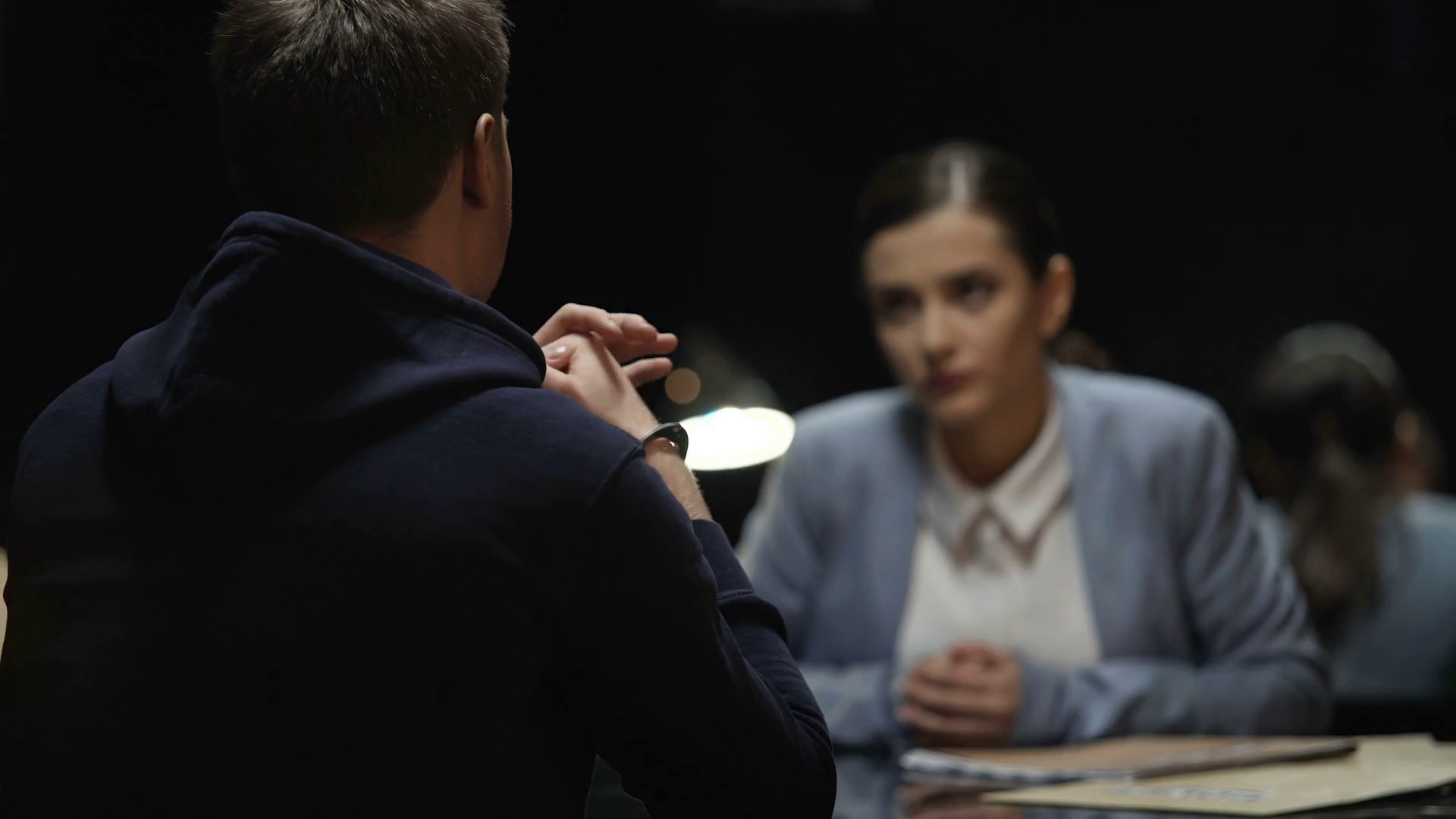
Understanding Your Miranda Rights
If you’ve ever watched a movie or TV show where the police arrest someone, there’s a good chance you’re already familiar with your Miranda rights. Even if you don’t recognize the name, you’re probably familiar with the Miranda warning that police use:
- You have the right to remain silent.
- Anything you do say can be used against you in a court of law.
- You have a right to have an attorney present during any questioning.
- If you cannot afford an attorney, one will be appointed for you if you so desire.
As common and cliché as it may seem now, Miranda rights didn’t exist before 1966. In that year, the Supreme Court decided the case of Miranda v. Arizona. They declared that whenever a person is taken into police custody, before being questioned he or she must be told of the Fifth Amendment right not to make any self-incriminating statements.
Knowing what your Miranda rights are, when the police are required to read them to you, and what happens if they don’t, can have serious implications if you are arrested and/or questioned about a crime.
Ready To Speak To An Attorney?
Call us now at (707) 540-2356
When A Miranda Warning Is Required
Generally speaking, the Miranda warning is required if the police have taken you into official police custody, and want to ask you questions or interrogate you about a crime.
Where the questioning or interrogation is performed does not matter. It can be in your home, next to your car on the side of the road, at the police station, or literally anywhere else. If you are in custody and the police want to ask you anything at all, they have to advise you of your Miranda rights.
If you are not in police custody, meaning you are free to leave at any time of your own will, then the police are not required to give you the Miranda warning. It’s actually a common tactic for officers to avoid arresting people – and make it clear to them that they’re free to go – precisely so they don’t have to give the Miranda warning. Then they can arrest their suspect after getting the incriminating statement they wanted all along.
What Happens If There’s No Miranda Warning?
If you are taken into police custody and they begin questioning you without first reading you your Miranda rights, any statement or confession you make is presumed to be involuntary. This means what you say cannot be used in any criminal case against you or anyone else.
Additionally, any evidence discovered as a result of your statement or confession will likely also be thrown out of your case.
Have Your Miranda Rights Been Violated?
If you believe that your Miranda rights have been violated, it can have a significant impact on your case and may even lead to the dismissal of any charges against you. That’s why it’s crucial to have a strong criminal defense lawyer in your corner.
If you have questions about your defense or need representation, get started today by giving us a call or requesting a free consultation.
REQUEST A FREE PHONE CONSULTATION
At Quinnan Law, we offer every client a free phone consultation to discuss their unique situation and determine how we can help. To arrange a consultation, please fill out the adjacent form or call us at: (707) 540-2356.
We provide representation in California State and Federal Courts. We accept most major credit cards for your convenience.
